Building for villages
Most Pembans live in villages, containing anywhere from a dozen houses to more than 1,000. The Pemba Foundation builds village infrastructure: schools, sanitation, water supplies.
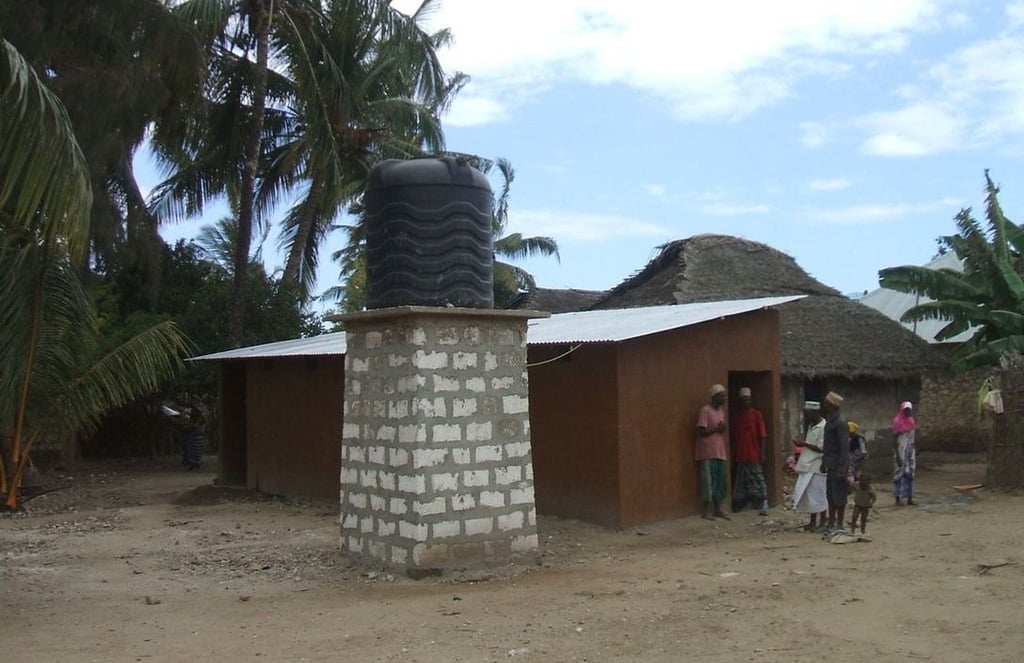

sanitation:
Public toilets built by the Pemba Foundation in the village of Maziwa Ngombe
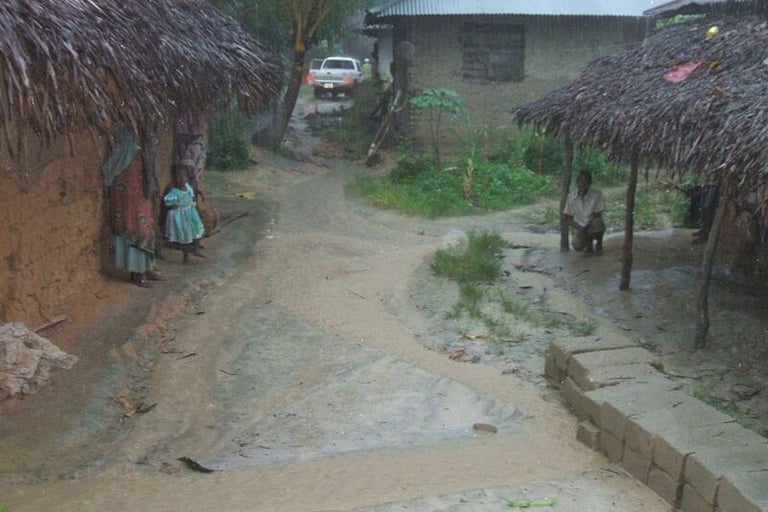

A Pemba village street during the rainy season. Floodwater may carry human waste
The large village of Maziwa Ngombe has a population of about 10,000 in about 1,500 houses, at least 1,000 of which have no running water or sanitation. Streets often flood during the rainy season, and cholera outbreaks are common. 2015 was especially bad, and for a time the village school had to be used as a hospital.
In cooperation with village leaders the Pemba Foundation designed and built 2 public toilet buildings.
The Foundation also upgraded the water supply and installed a storage tank for an older public toilet building in nearby Mjini Kiuyu village, also vulnerable to cholera.
Many Pemba village houses have inadequate sanitation, or none at all. Running water – often a limited amount – may only be available from communal wells or from standpipes if piped water has reached the area. In the rainy season, cholera regularly hits some villages, affecting children particularly, some of whom die as a result.
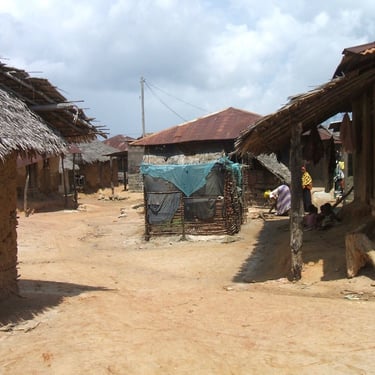
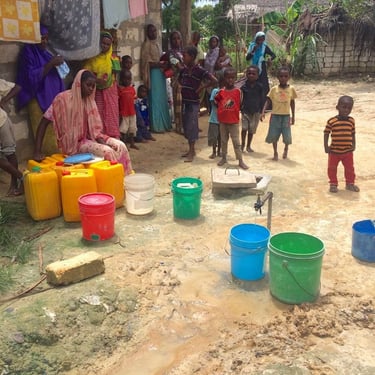
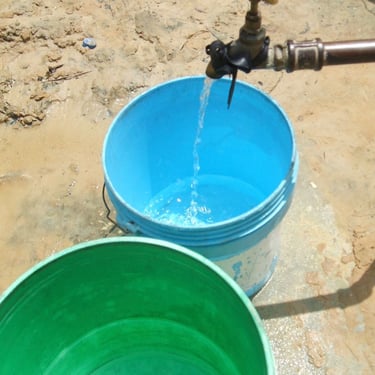
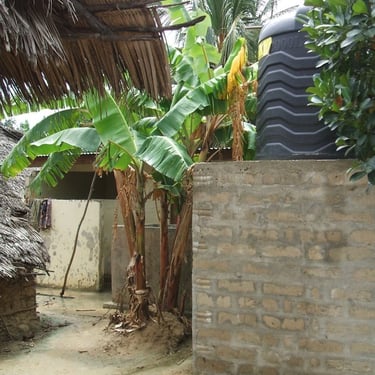
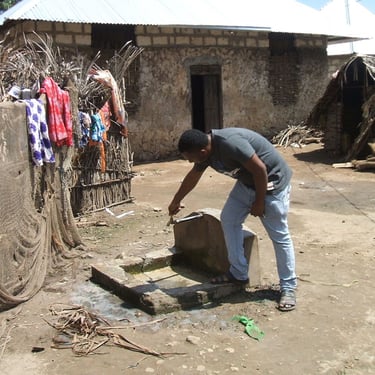
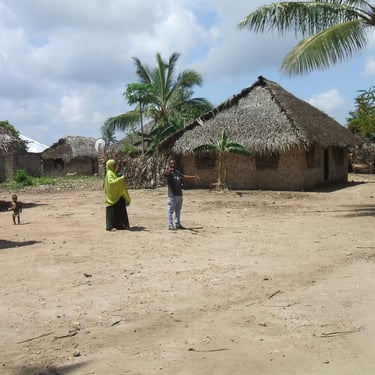
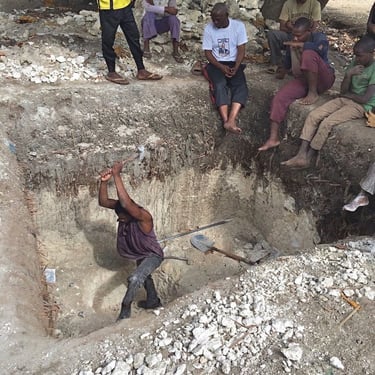
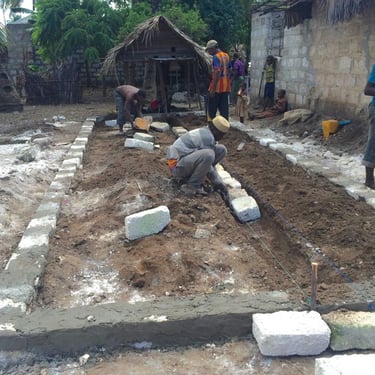
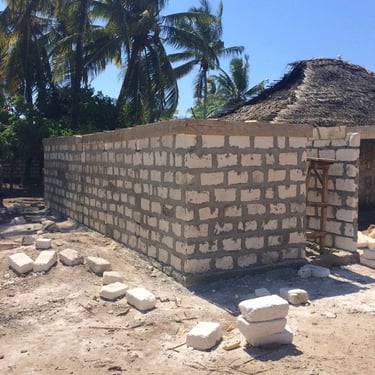
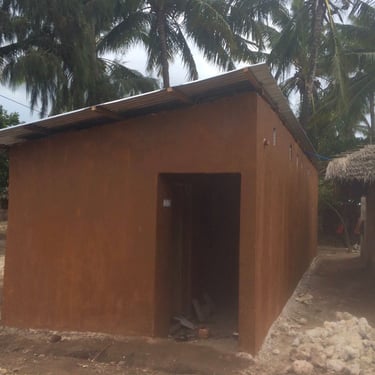
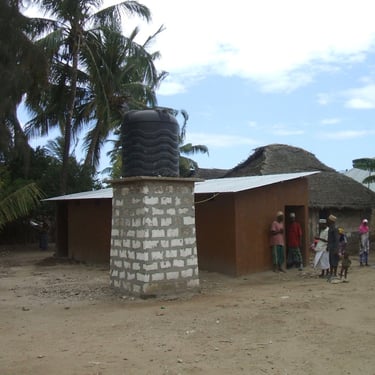
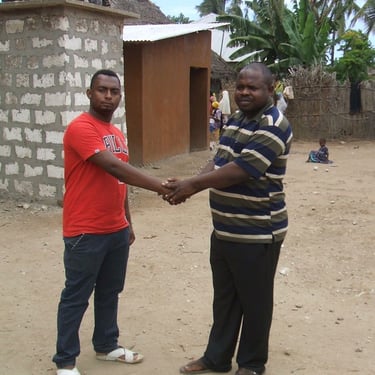
Street in Mjini Kiuyu prone to rainy season flooding, which can lead to cholera outbreaks
Queuing up for water in Mjini Kiuyu
Because of low pressure we added a pump and tank to the toilet building at Mjini Kiuyu
Mjini Kiuyu public toilets (behind the banana tree) upgraded with water tank
Foundations for first public toilet building
Excavating a septic tank
Nassor from Pemba Foundation with Maziwa Ngombe Sheha (leader) Asha Yussuf, select the site of one of the new toilet buildings
Low water pressure means the Maziwa Ngombe public toilets need pumps and storage tanks
Second toilet building.
Ready for water tank and electric connections
Completed building has men's and women's sides, with toilets, showers and hand basins
District MP Mr Shamata accepts the new buildings from Pemba Foundation on behalf of the village
school building:
A recent national law required all children to attend nursery school, but no government funding has been available for school construction. In 2017 the Member of Parliament for the area asked the Pemba Foundation if we would build a nursery school to serve Maziwa Ngombe village and surrounding district. We designed and built a 5-classroom school, with offices and storage. At the same time we upgraded the nearby primary school, with power, lighting and ceiling fans, water storage and a septic tank.
In 2024/25 we carried out a major program of upgrades and renovation at the school: new roof; security bars for windows; new doors; floor repairs; repainting throughout. Next to the school we built a kitchen and dining room for student breakfasts.
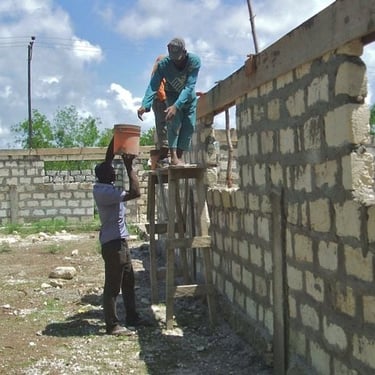
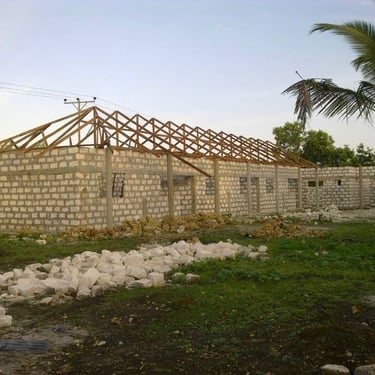
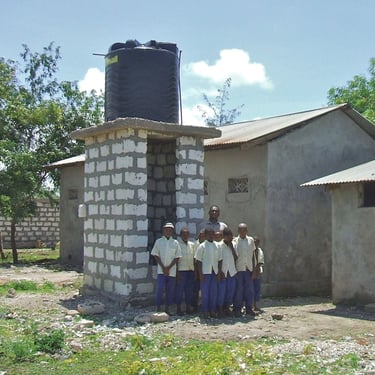
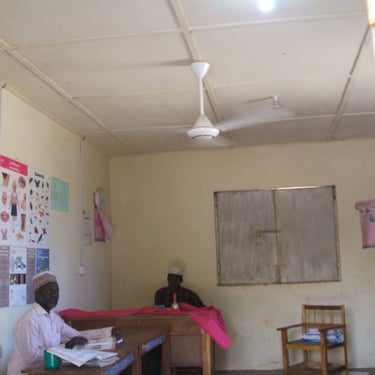
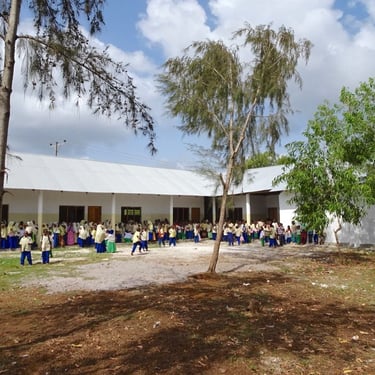
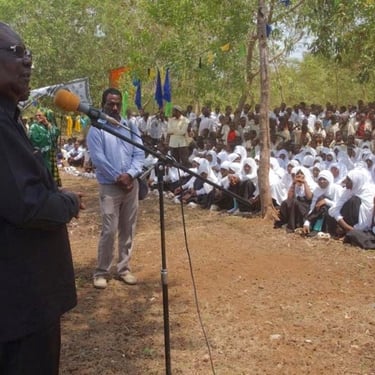
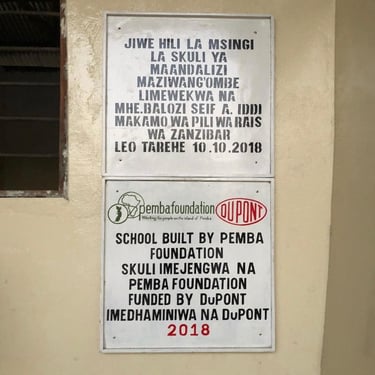
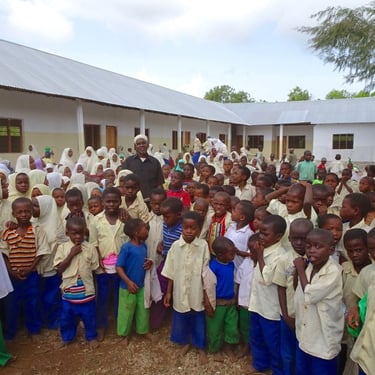
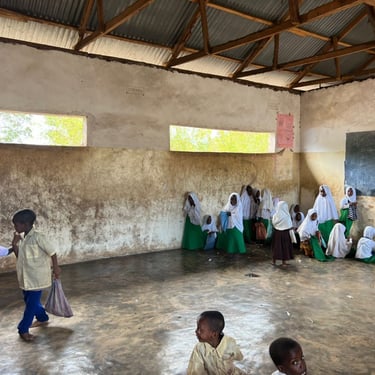
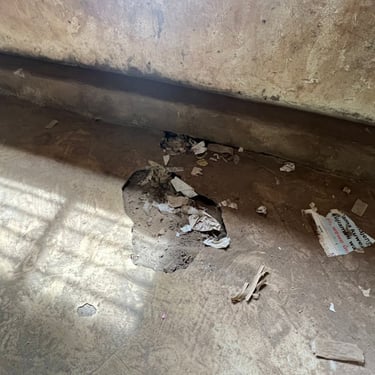
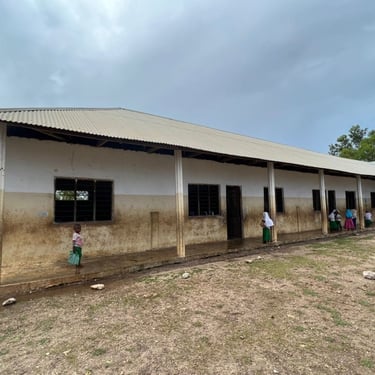
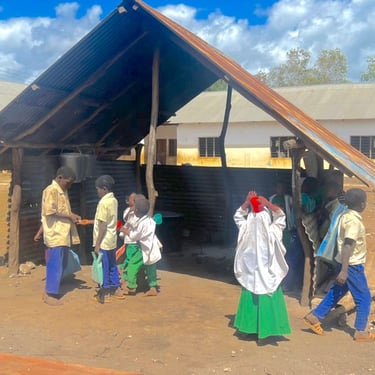
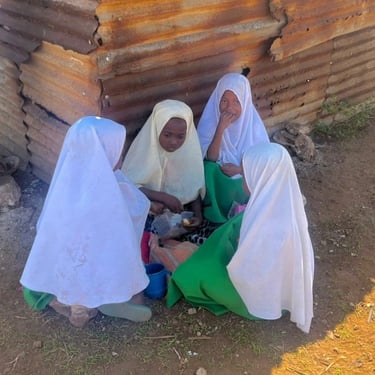
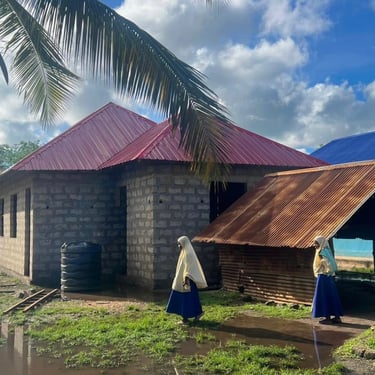
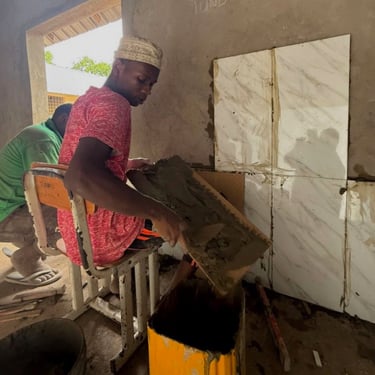
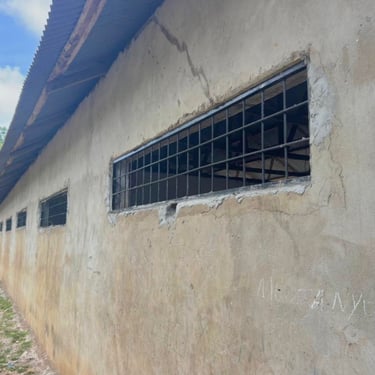
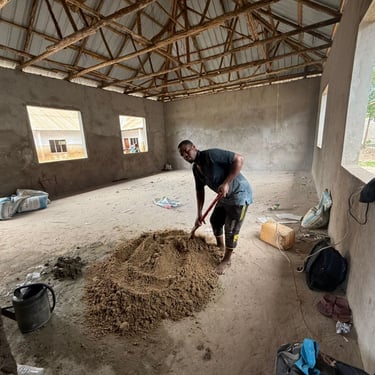
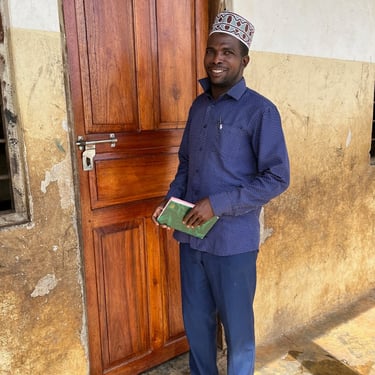
School construction in Maziwa Ngombe
Main classroom wing
Tank and septic for adjacent primary school
New lighting and fans
Students from nursery and primary schools with the headmaster
This plaque was unveiled
Opening by Zanzibar VP
Completed building
Windows need security bars and classrooms need paint
Many floors and doors need repairs
Exterior paint needed. We have to stop rainy season mud splashes
Kitchen with dining area will replace the cooking shelter
Students having breakfast porridge
Next we want a local workshop to make desks and chairs for all the classrooms. It's not unusual for students in Pemba's schools to sit on the floor, but furniture is better for learning.
Please donate for school furniture.
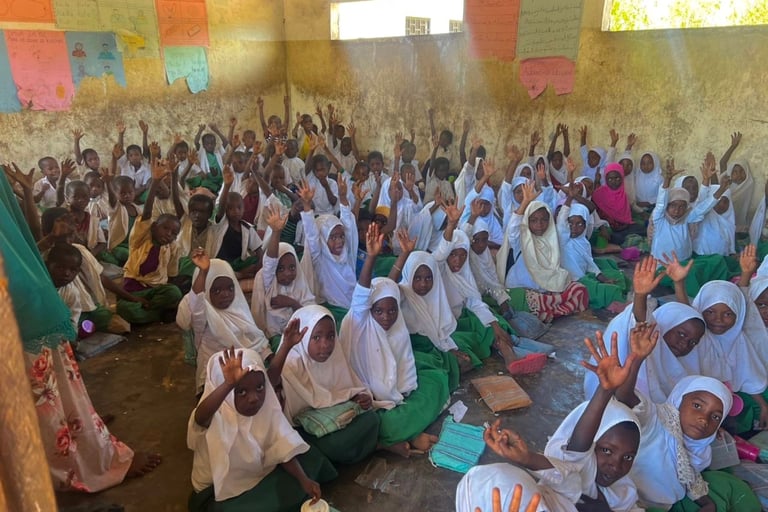

Desks and chairs are better for learning
Tiling the new kitchen
New kitchen/dining building
Repairing classroom floors
New doors throughout
Added security bars throughout
water supplies for remote islands:
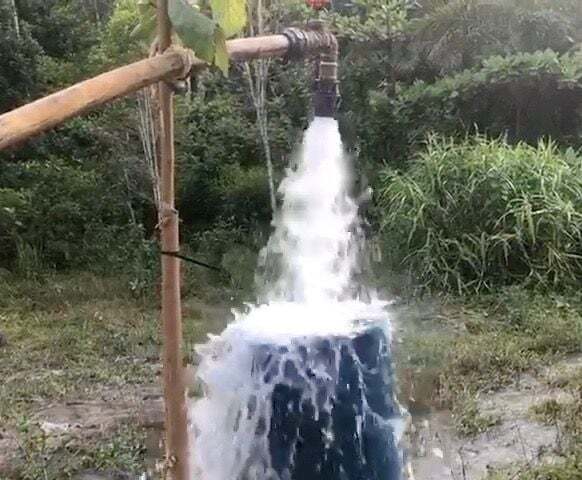

Successful pump test of new borehole
This multi-part project, to bring piped water to small, remote islands off the Pemba coast, is still under way. Uvinje Island off Pemba's west coast has one village with about 700 people. A pipeline once brought water to Uvinje, but it dried up years ago because of increased demand upstream. The islanders now have to haul in cans of water every day by boat. Supplies are limited and health has suffered.
The Pemba Foundation is bringing water back to Uvinje with a complex, multi-faceted project. The plan requires drilling a new borehole on Pemba's mainland and connecting it to the pipeline which runs 4 miles underground and underwater across to Fundo Island. An existing link then runs 5 miles down Fundo, then underwater to 2 new storage tank sites on Uvinje.
We drilled the new mainland borehole and connected it to Fundo Island, where water is flowing. We have built the storage sites on Uvinje. However the old 5-mile pipeline link to Uvinje is so obstructed it cannot be used. The government water department is to rebuild that link.
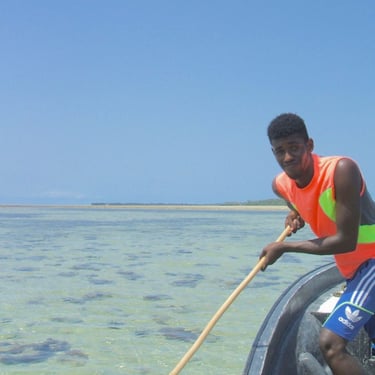
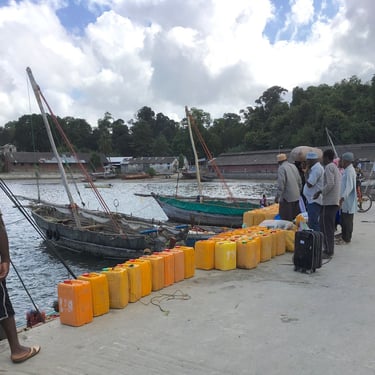
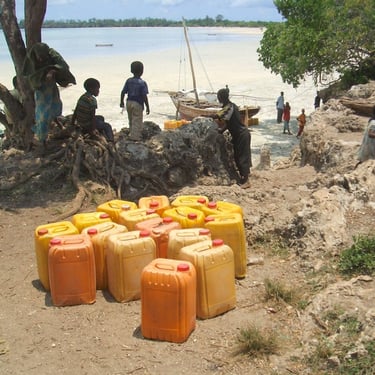
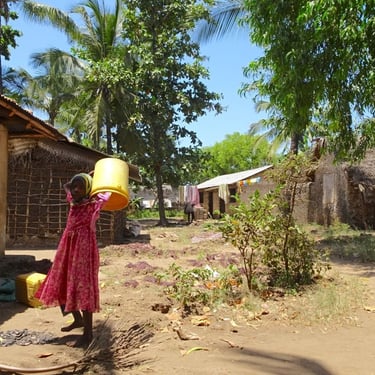
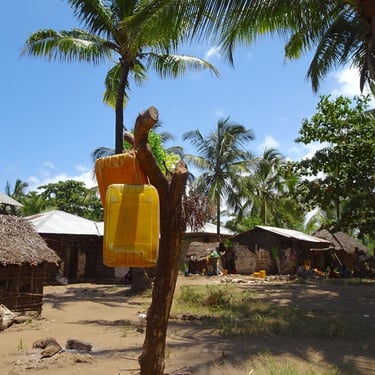
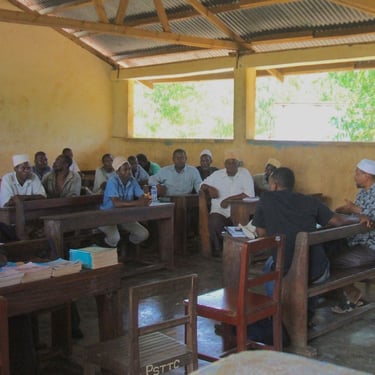
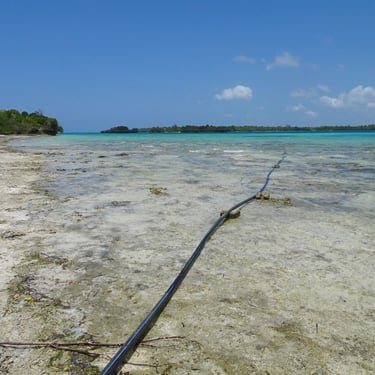
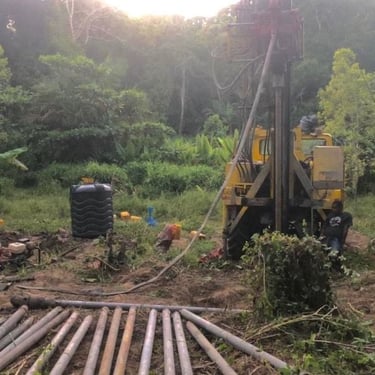
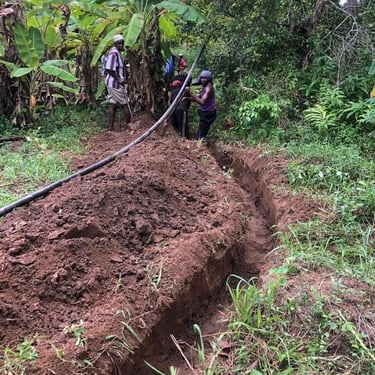
Approaching remote Uvinje Island
Uvinje's water is carried by sailing dhows from a port on the Pemba mainland
Cans are unloaded on the beach then carried up to the village
Uvinje's conditions often lead to poor health
Drilling new borehole on the mainland
Pipeline coming ashore at Uvinje. 5 miles of this link have to be rebuilt
Pemba Foundation planning meeting with Uvinje residents
Clean piped water is the biggest need
Connecting the new borehole to the pipeline that runs to Fundo Island
water supplies for villages:
Sebu Watu villagers clean out their well before we install a pump, tank and taps
Piped water is not available in much of Pemba. Most villages have a well, but many use inefficient hand-winched buckets. The Pemba Foundation improves village water access by installing electric well pumps, elevated storage tanks and communal tap stations.
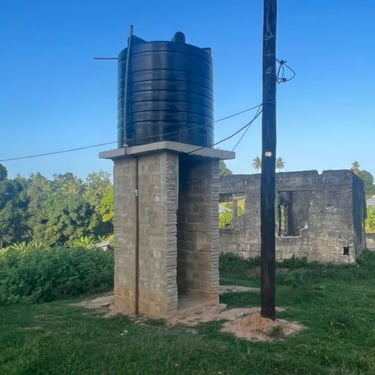
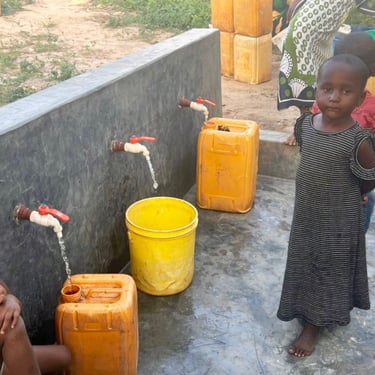
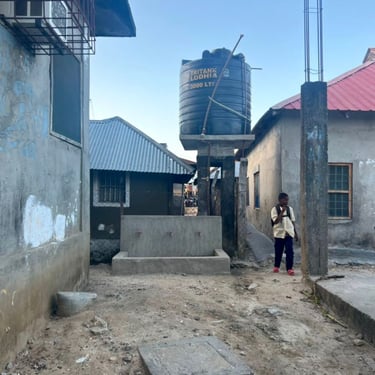
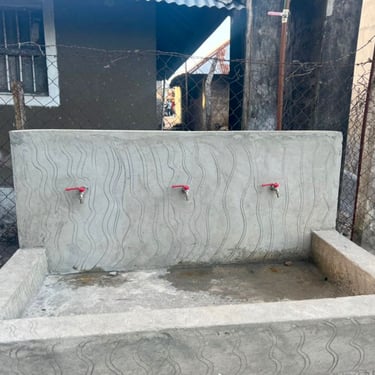
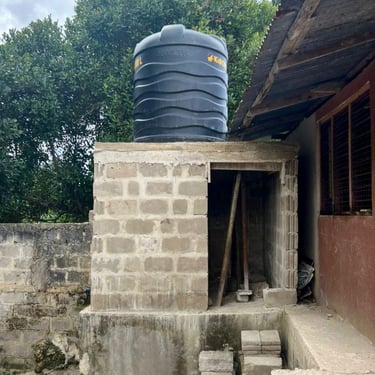
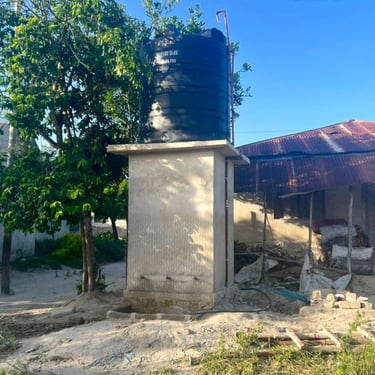
Sebu Watu village new tower and tank
Sebu Watu new tap station
Bopwe village new tower, tank and tap station
Bopwe tap station
Kipangani village new tower and tank
Jadida village new tower and tank with taps in tower base
MISSION
To enhance the lives and livelihoods of the people of Pemba Island
©2025 Pemba Foundation.
CONTACT
SIGN UP
For our newsletter
In the USA:
+1 617 669 9628
call or WhatsApp
jangier@pembafoundation.org
In Tanzania:
+255 776 761 370
call or WhatsApp
nassormarhun@pembafoundation.org
